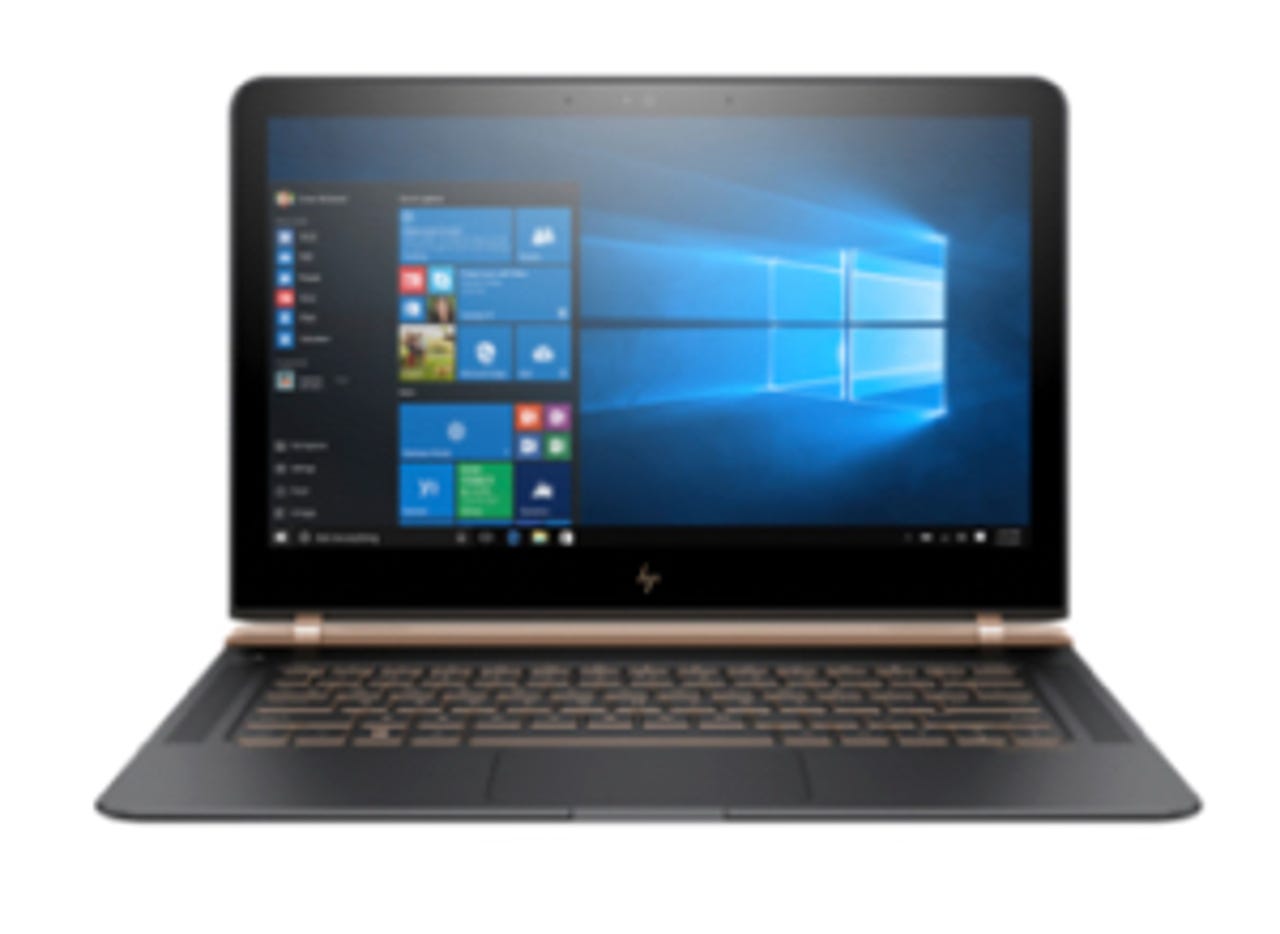Note to HP Spectre and skinny rivals: Laptops are thin enough


My three-year-old laptop is getting long in the tooth and it's time to upgrade. Looking around online and in big box stores I find no shortage of ultra-thin models, both Macs and Windows PCs. It seems that laptops have gotten so thin that any skinnier and they will not be practical.
Take a look at the new HP Spectre and you see what I mean. At 10.4mm thin HP is proudly letting us know it's the world's thinnest laptop. It looks as thin as it is, but that isn't getting buyers much of an advantage. Think about how thin it is and you will realize it's about as thick as a slice of bread.
Laptops have gotten so thin that they differ by mere millimeters, and the differences between them mean pretty much nothing. They all fit in the tightest bag pocket, and they aren't any easier to use. That one that claims to be a millimeter or less in thickness than the rest isn't more practical to use, and for the most part consumers don't care.
When's the last time you heard a typical user speak about the thickness of a particular laptop? Probably never. Laptops are already so thin that it's no longer a main purchasing criteria for most.
find the perfect laptop: more resources
My MacBook Air is three years old, which is old for a laptop, but it's more than thin enough. I like that it's thin but I am not looking for the thinnest model I can find. Laptops have gotten so thin that anything I consider will be thin enough, and I doubt I'm the exception.
Shaving off millimeters from new laptops will even have negative consequences. Thinner means less space for batteries and that means shorter runtimes. Plus, ultra-thin laptops usually have less powerful mobile processors. Models that use Core iX processors need fans for cooling. Try one of those and the first time the fan kicks on the noise may surprise you. The hit a fan takes on the battery shouldn't be a surprise, however.
Let's face it, many laptop users just take whatever model the company gives them. Those buying their own laptop often choose a good financial deal, no matter how thin the model may be. With few exceptions the thickness (or lack thereof) is not a big criteria in getting a new laptop. So the race to get even thinner, as laptop makers seem to insist on doing, is not a big factor like it used to be. It's time to focus in other areas going forward.